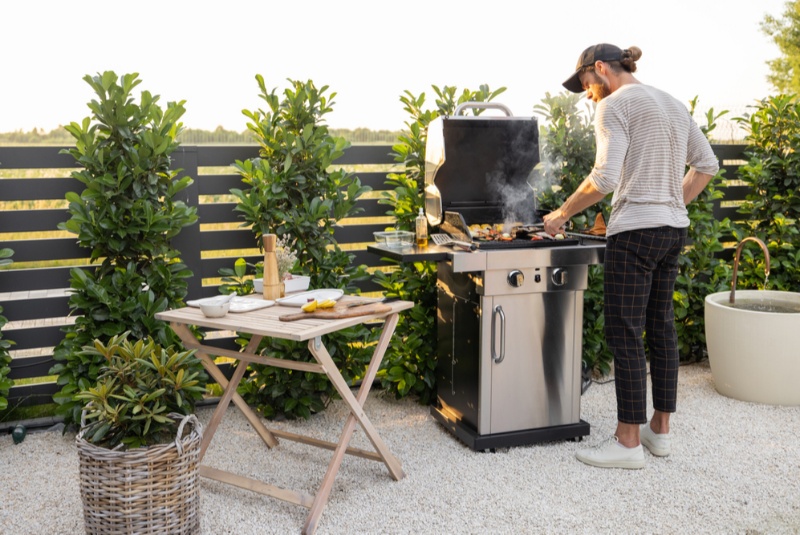In recent years, gas grills have dominated the outdoor cooking scene, offering convenience, control, and versatility that is unparalleled. Whether it's a quick weekday dinner or a leisurely weekend barbecue, a gas grill can cater to all your culinary needs. However, with a plethora of options available in the market, making the right choice can be overwhelming. This guide delineates the essential aspects you need to consider to make a smart gas grill purchase.
Understand Your Needs
Your ideal gas grill should cater to your specific needs and preferences. Consider the following:
- Cooking Space: If you frequently host large gatherings, opt for a grill with a larger cooking area. Conversely, a compact grill will suffice for smaller families.
- Frequency of Use: For those who grill occasionally, a basic model would suffice. However, if you're a barbecue enthusiast, investing in a high-end grill with more features will be beneficial.
- Type of Dishes: Your culinary aspirations should guide your purchase. If you fancy slow-cooked meats, a grill with a lid and temperature control is a must.
Evaluate the Specifications
Once you identify your needs, delve into the specifications of potential grills. Some crucial specifications to consider are:
- BTU Rating: This measures the grill's heat output. A higher BTU means the grill can generate more heat, but it does not necessarily equate to better cooking.
- Cooking Grates: Cast iron grates retain heat well and give beautiful sear marks, while stainless steel grates are more durable and easier to clean.
- Ignition System: A reliable ignition system ensures that the grill lights up quickly and easily.

Features and Add-Ons
In the competitive gas grill market, manufacturers continually introduce innovative features to stand out. Some of the features that could enhance your grilling experience include:
- Side Burners: These allow you to cook side dishes or sauces while grilling.
- Rotisserie Burner: Ideal for cooking whole poultry or roasts evenly.
- Smoke Box: This feature enables you to add a smoky flavor to your dishes.
Safety
Safety should be a priority when it comes to handling gas grills. Make sure the grill has stable construction to prevent tipping over. Additionally, the presence of a flame-tamer can prevent flare-ups, promoting safer grilling.
Budget
Gas grills are available in various price ranges. Set a budget that considers both the initial purchase cost and the long-term maintenance expenses, including gas refills and replacement of parts.
Brand Reputation and Warranty
Go for renowned brands that are known for their quality and customer service. Moreover, a grill with a robust warranty can save you from future hassles and additional costs.
Assembly and Maintenance
Some gas grills come pre-assembled, while others require assembly. If you're not handy with tools, opt for a pre-assembled or a professional assembly service. Likewise, consider the maintenance needs of the grill; a grill with easy-to-clean features will save you time and effort in the long run.
Reviews and Recommendations
Lastly, explore reviews and recommendations from friends, family, or online communities. Real-user reviews can provide insights into the grill's performance and durability, helping you make an informed decision.
Investing in a gas grill is a substantial decision that impacts your culinary adventures for years to come. By understanding your needs, evaluating the specifications meticulously, and considering the various features and add-ons, you can narrow down your choices significantly. Remember to prioritize safety and to balance your budget with the grill's offering to make a smart purchase.
Armed with this comprehensive guide, you are now ready to embark on a journey to find the gas grill that will not only meet but exceed your grilling expectations. Happy grilling!


